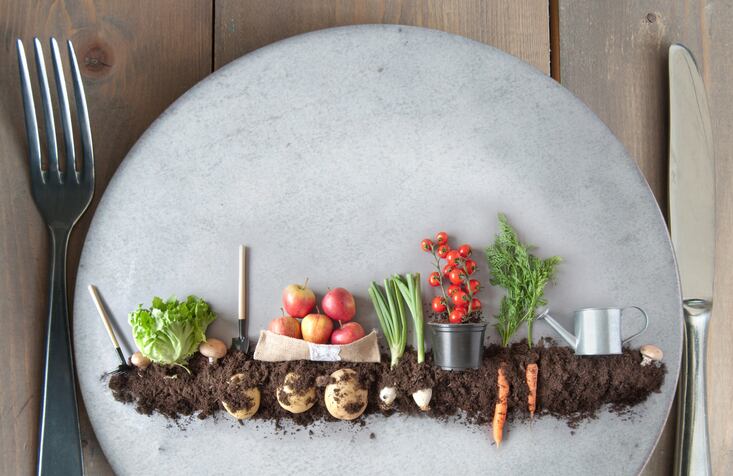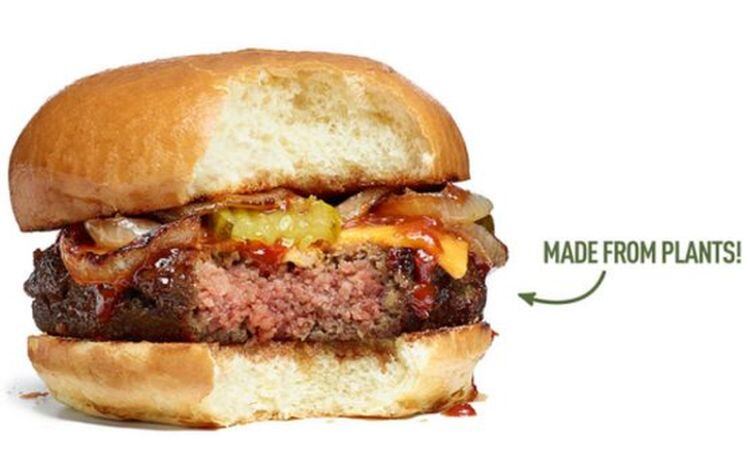“What COVID is showing is that people who are poor, people who have underlying health conditions … are the people who are going to suffer the most. People who are already hit by various forms of socioeconomic deprivation and who, therefore, may be well working in the lowest paid jobs, which tend to be in the food service sector, in the food economy, they are the ones who are hit by COVID,” Tara Garnett, a research at the Environmental Change Institute at the University of Oxford and contributor to the EAT Lancet Report, told attendees tuned into IFT’s panel discussion ‘Is Our Food System Harming Our Earth? What Are We Going To Do About It?’
But by revealing the “inequalities that we are living with in COVID,” the pandemic “also provides an opportunity for us to rethink things ... and actually see what we can do to not have business as usual. And the food system is a great place to start,” she said.
To do that, she advised the food industry and regulators to “question normal in every aspect of your life … and really scrutinize and reflect on your habits, and say what things we need, what things we do not need.”
This exercise should provide a road map for where to act to improve the quality of food, how it is produced, distributed and accessed, she said.
[Editor's Note: Interested in learning more about how the food industry is tackling sustainability challenges and improving its environmental impact? Join FoodNavigator-USA Aug. 6 at 12 CT for a FREE webinar to discover creative solutions to common challenges. Register HERE.]
Building on her advice, Seth Goldman, founder of Eat the Change and PLNT Burger and co-founder of Honest Tea, added attendees should “not just question normal, but question our tendency to always default to animal-based products.”
With regards to the pandemic, he explained that animal agriculture has been linked to several outbreaks, and that it is straining the environment unnecessarily when compared to the resources needed to create plant-based alternatives.
But by flipping the equation so that plant-based is the default, rather than animal-based, he argues the industry could rebuild the food system to be more efficient and healthier for people and the planet.
“One of the neat organizations we are funding with Eat The Change is called DefaultVeg and they are encouraging … people, when there is an event, to make everything to default to veg and you have to opt in to choose animal-based,” he explained. “It sounds like a little tweak, but actually could have a huge impact if we can get the mindset of ‘Everything I eat is plant-based unless I choose otherwise.’”
As industry players reflect on the impact of their food choices ranging from sourcing and production to packaging and marketing, they should be transparent with their findings and the steps they will take to create change, added John Robinson, a partner with Mazarine Ventures.
“One thing you could do to improve the food system is to drive transparency, [which] would create so much value at so many levels in the food chain – whether you are using blockchain or other tools to reveal inefficiencies … or to know what the environmental cost of growing this crop here [compared to] if you grow another crop,” he said.
Transparently sharing data collected at the farm, factory and in business “will lead to better policy” that is based on real life, not just modeling, he added. It also could reveal patterns that might in turn help identify solutions to widespread problems, such as those revealed by the coronavirus.
While some of these steps may sound basic, they require broad support to succeed – which is something that Garnett says the pandemic has taught everyone to better understand as people take health measures that protect not just themselves but their loved ones and communities.




